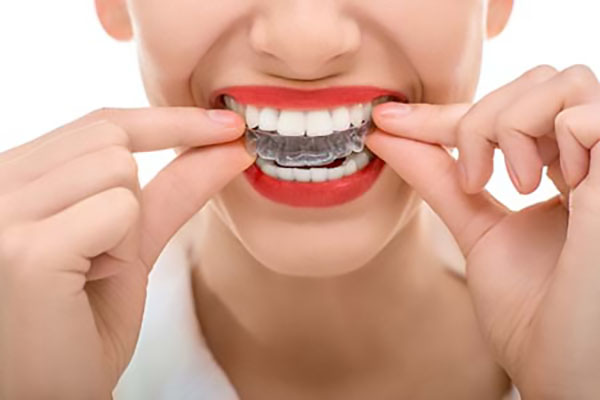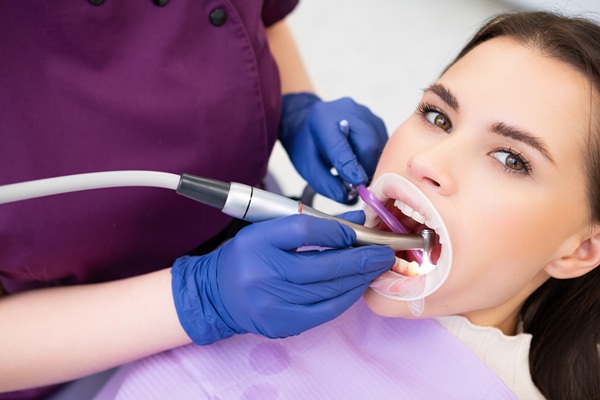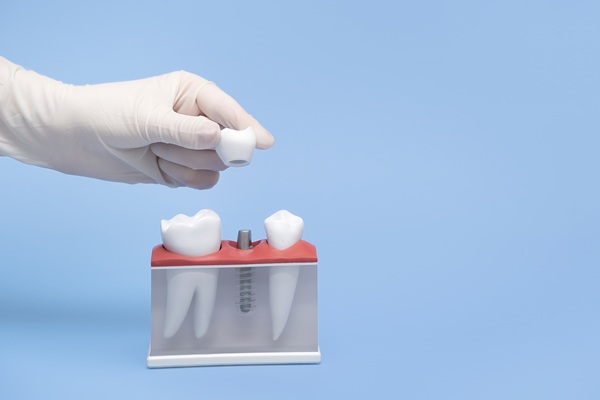Is Invisalign Safe?

Although most have probably heard about the benefits of Invisalign®, there are many who could benefit from treatment that chooses not to pursue Invisalign® as they fear it is risky or invasive. However, it is an easy treatment process for most, and it is helpful to understand what to expect.
What to expect with Invisalign®
Although each patient may have a different experience during the Invisalign® process, most report that it is a relatively painless and safe process. The following is everything to know about the safety of the Invisalign® process, including the benefits of treatment, potential risks and tips to further ensure a successful process.
Invisalign® defined
Invisalign® is a form of teeth straightening that utilizes transparent aligners to gradually move teeth into a more appropriate position. The treatment process is overseen by a dental professional and each set of Invisalign® aligners is custom-fit for the individual patient. They can be effective in treating a range of alignment concerns, including crooked and overcrowded teeth. They are primarily intended for patients who have a mild to moderate malocclusion.
The advantages of Invisalign®
In most cases, those who are eligible for Invisalign® treatment find that the pros outweigh the potential risks. With that said, it is important to be familiar with both before making a decision. The likely benefits of Invisalign® include:
- Straighter teeth
- Increased confidence
- Transparent treatment
- Fewer restrictions
- Easier oral care routine
Of course, the most notable benefit is the ability to achieve a more attractive smile and fix issues such as crooked teeth, overcrowding, gaps between teeth and jaw misalignments. Patients can also enjoy the benefit of aligners that are essentially invisible to others, along with having fewer dietary restrictions and the ability to remove the aligners during oral care.
The risks of Invisalign®
There are a few claims of allergic reactions with Invisalign®, but there is little to no risk for the individual’s general health. However, there are risks to oral health if the patient does not care for their teeth and gums properly during treatment. Without a proper diet and oral care routine in place, bacteria and food particles can get stuck in between the aligners and teeth, which can lead to an acidic breakdown of enamel and cause cavities. Teeth staining and gum disease may also be a risk as well.
Tips for successful Invisalign® treatment
The best way to reduce the risk of an oral health concern during the treatment process is to practice good oral hygiene by brushing, flossing and using mouthwash as directed. It is also helpful to limit the intake of foods high in sugar and other carbohydrates that may harm tooth enamel and gums. Patients should also make all scheduled checkup visits with the dentist.
Invisalign® treatment helps with alignment concerns
To learn more about the safety of Invisalign® treatment and to gather more information to help make an informed decision about treatment, reach out to our team today and arrange a time to come in for a consultation visit.
Request an appointment here: https://smilesdental.com or call Smiles Dental Care at (650) 563-1180 for an appointment in our Mountain View office.
Check out what others are saying about our services on Yelp: Read our Yelp reviews.
Recent Posts
A new dental filling restores tooth structure, and smart aftercare helps it last. Understanding the importance of care and maintenance after you get a new filling can significantly improve your dental health and overall well-being. The following tips can help you maintain optimal oral hygiene to protect and extend the lifespan of your dental fillings. Patients…
Getting tooth implants is not the final phase of an implant restoration procedure. The stage is simple, but the recovery period can be uncomfortable. This part of the implant process is the time for the mouth heals and fuses to the implant post. The following guide covers what to expect during recovery and the steps…
A gentle dentist offers quality dental care with a focus on comfort. They strive to make dental visits feel less stressful and more supportive so that patients of all ages feel relaxed in the dental chair. By using clear communication and patient-friendly techniques, even routine cleanings and restorative treatments can feel easier to manage.Many people…
An implant crown is made of strong and safe materials to give the patient a reliable long-term replacement option for missing teeth. If you have questions about the materials used to make an implant crown, this review can help you understand what exactly each component is made of and why dentists use these particular materials.There…


